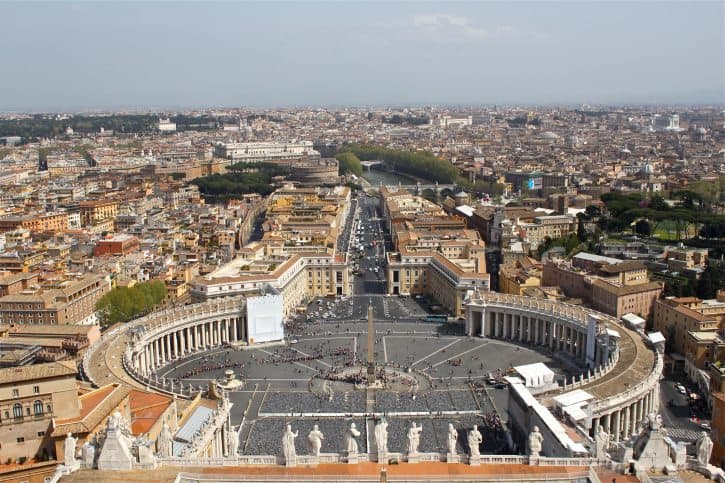Electing a New Pope

Catholicism is one of the largest faiths in the world, with over 1.2 billion Roman Catholics around the globe. So the news of the resignation of Pope Benedict XVI has shocked many believers. It has also sparked further interest into the process of electing a new pope.
The story of Pope Benedict
In 2005, Pope Benedict XVI was elected to office at the age of 78. Born Joseph Ratzinger, Benedict became the 265th pope (the sixth of German heritage). After nearly eight years of service, he managed to surprise the Catholic community by resigning on February 11, 2013. He stated that “strength of mind and body” is needed for the position and in the past few months he has felt his strength deteriorate. Benedict will officially leave office by February 28, 2013, and likely spend his time in a monastery devoted to prayer.
The resignation of a pope is highly unusual; in fact, this is the first time a pope has stepped down in 600 to 700 years (depending on the experts). Pope Benedict XVI’s resignation is so uncommon that there isn’t even a term for a retired pope within the church. Though many Catholics are still grappling with the news, millions have already started speculating about who will be the new Pope.
How will the new pope get elected?
The College of Cardinals (which currently consist of 117 electors) will decide on the new pope. The voting will take place privately in the Sistene Chapel. They vote twice a day, every day until a decision is made by a 2/3 majority or (after 30 voting sessions) by an absolute majority. The votes are written on ballot cards, placed in a chalice, and counted. After each round, the ballots are burned in a special oven with a special compound (one for black smoke and another for white smoke). From outside, people can tell by the chimney smoke if the Cardinals are still voting (black smoke) or if they’ve decided (white smoke).
Any baptized male can be considered since the 1300s new popes have been chosen from within the College of Cardinals. There are also many likely contributing factors that the cardinals consider when choosing a new pope including: “age, nationality, life experience, personality, and positions on major issues.”
While the choice lies with the Cardinals, Catholics everywhere have their own ideas of who should be pope. Many note the benefits of having a pope that can connect with the younger generation. Others believe that the pope should reflect the changing demographics of the Catholic faith. Nowadays, most Catholics live outside of Europe (42 percent of the world’s Catholics live in Latin America alone), so many believe that individuals like Ghanaian cardinal Peter Turkson or Brazilian Cardinal Odilo Scherer will reflect this change.
Meanwhile, the College of Cardinals plans to decide on a new Pope before Easter.


